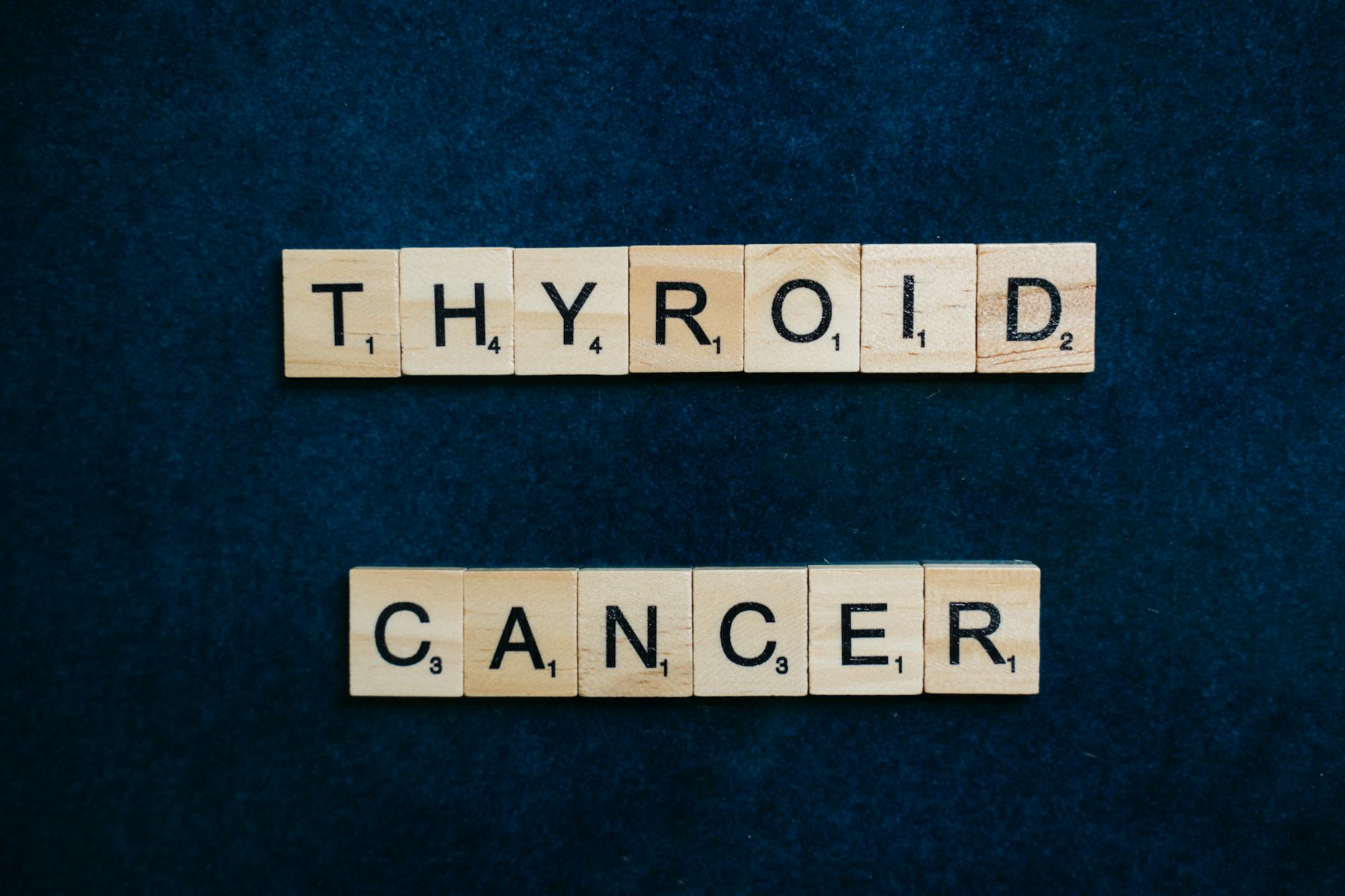Discover the secrets to managing Graves’ Disease naturally through lifestyle changes. Take control of your health and wellbeing today!
Table of Contents
Graves’ disease is an autoimmune disorder that leads to overactivity of the thyroid gland, resulting in a range of symptoms such as weight loss, fatigue, and rapid heartbeat. While medical treatment is crucial in managing the condition, making positive lifestyle changes can also have a significant impact on improving overall health and quality of life for individuals with Graves’ disease.
Understanding Graves’ Disease
Graves’ disease is characterized by the production of antibodies that stimulate the thyroid gland to produce more thyroid hormones than the body needs. This leads to symptoms such as weight loss, sweating, tremors, and anxiety. It is important for individuals with Graves’ disease to work closely with their healthcare providers to monitor their thyroid function and manage symptoms effectively.
Importance of Nutrition
Nutrition plays a crucial role in managing Graves’ disease. A diet rich in nutrient-dense foods such as fruits, vegetables, whole grains, and lean proteins can help support overall health and energy levels. Additionally, certain foods can help regulate thyroid function, while others may exacerbate symptoms. Consulting with a registered dietitian can provide personalized guidance on creating a healthy eating plan.
Exercise and Stress Management
Regular exercise and stress management techniques are important components of managing Graves’ disease. Physical activity can help improve energy levels, strengthen muscles, and support overall well-being. Additionally, stress management techniques such as mindfulness, meditation, and deep breathing exercises can help reduce anxiety and promote relaxation.
Sleep and Rest
Ensuring an adequate amount of quality sleep is essential for individuals with Graves’ disease. Fatigue and insomnia are common symptoms of the condition, and prioritizing rest and relaxation can help improve energy levels and overall health. Creating a bedtime routine, limiting screen time before bed, and optimizing sleep environment can support better sleep quality.
Medication Adherence
Following prescribed medication regimens is critical in managing Graves’ disease. Thyroid hormone replacement therapy or antithyroid medications may be necessary to regulate hormone levels and alleviate symptoms. It is important for individuals to take medications as directed by their healthcare provider and to communicate any concerns or side effects promptly.
| Lifestyle Change | Benefits |
|---|---|
| Eating a balanced diet | Helps regulate thyroid function and maintain a healthy weight |
| Stress management | Reduces anxiety and the impact of stress on hormone levels |
| Regular exercise | Improves overall health and can help reduce symptoms of Graves’ disease |
| Limiting caffeine and alcohol intake | Can help control heart rate and reduce palpitations |
| Getting enough sleep | Promotes healing and supports overall health |
Building a Support System
Living with Graves’ disease can be challenging, both physically and emotionally. Building a strong support system of family, friends, healthcare professionals, and support groups can provide encouragement, understanding, and practical assistance. Sharing experiences and resources with others who have Graves’ disease can help individuals feel less alone in their journey.
Conclusion
While managing Graves’ disease may present challenges, incorporating positive lifestyle changes can empower individuals to take control of their health and well-being. By prioritizing nutrition, exercise, stress management, sleep, medication adherence, and building a support system, individuals with Graves’ disease can optimize their quality of life and thrive despite their condition.
Can lifestyle changes really make a difference in managing Graves’ Disease?
Yes, lifestyle changes such as nutrition, exercise, stress management, and adequate rest can significantly impact symptom management and overall well-being for individuals with Graves’ Disease.
How important is medication adherence in managing Graves’ Disease?
Medication adherence is crucial for regulating hormone levels and alleviating symptoms of Graves’ Disease. It is important to follow prescribed medication regimens as directed by healthcare providers.
How can stress management techniques help individuals with Graves’ Disease?
Stress management techniques such as mindfulness, meditation, and deep breathing exercises can help reduce anxiety, promote relaxation, and mitigate the impact of stress on hormone levels for individuals with Graves’ Disease.
Why is building a support system important for individuals with Graves’ Disease?
Building a support system of family, friends, healthcare professionals, and support groups can provide encouragement, understanding, and practical assistance, helping individuals with Graves’ Disease feel less isolated and more empowered in managing their condition.





